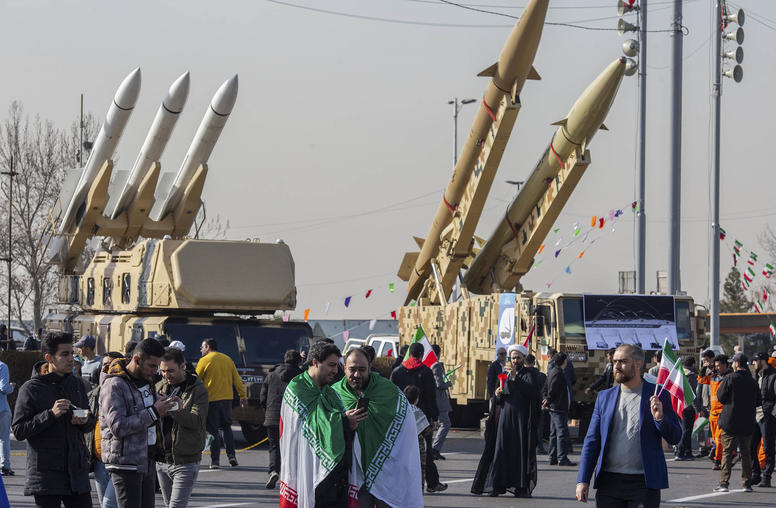Promoting Political Reform in Lebanon: Opportunities and Challenges
Over the past 15 months, Lebanon has held two critical elections: the June 2009 parliamentary elections and the May 2010 municipal elections. Limited but important electoral reforms accompanied both polls, and the elections could mark the beginning of Lebanon’s transition to a stable democracy. In this event, Lebanese Interior Minister Ziad Baroud, Deputy Assistant Secretary for Near Eastern Affairs Tamara Wittes, and Chief of Party in Lebanon for IFES Richard Chambers, discussed the pursuit of political reform in Lebanon.
Many view electoral and other political reforms as critical to managing Lebanon’s complex sectarian diversity. However, a dangerous escalation in tensions with Israel and the increased potential for internal unrest with possible indictments by the UN Special Tribunal for Lebanon underscore the challenges along Lebanon’s difficult path to reform and stability.
In this event, co-sponsored with the International Foundation for Electoral Systems (IFES), Lebanese Interior Minister Ziad Baroud will discussed the pursuit of political reform in Lebanon from his unique vantage point as a longstanding civil society activist who was subsequently appointed as Interior Minister. Tamara Wittes, Deputy Assistant Secretary for Near Eastern affairs, offered a U.S. policy perspective on the opportunities and challenges of democracy promotion in Lebanon, placing Lebanon in a broader regional context of US democracy promotion strategy in the Middle East. Richard Chambers, Chief of Party in Lebanon for IFES, provided remarks from the perspective of an on-the-ground democracy promotion organization, working towards long term electoral reform and strengthened election administration in Lebanon.
Speakers
- H.E. Ziad Baroud
Minister of Interior and Municipalities, Republic of Lebanon - Tamara Cofman Wittes
Deputy Assistant Secretary for Near Eastern Affairs
U.S. Department of State - Richard Chambers
Chief of Party, Lebanon
International Foundation for Electoral Systems - Mona Yacoubian, Moderator
Director of the Lebanon Working Group
U.S. Institute of Peace



